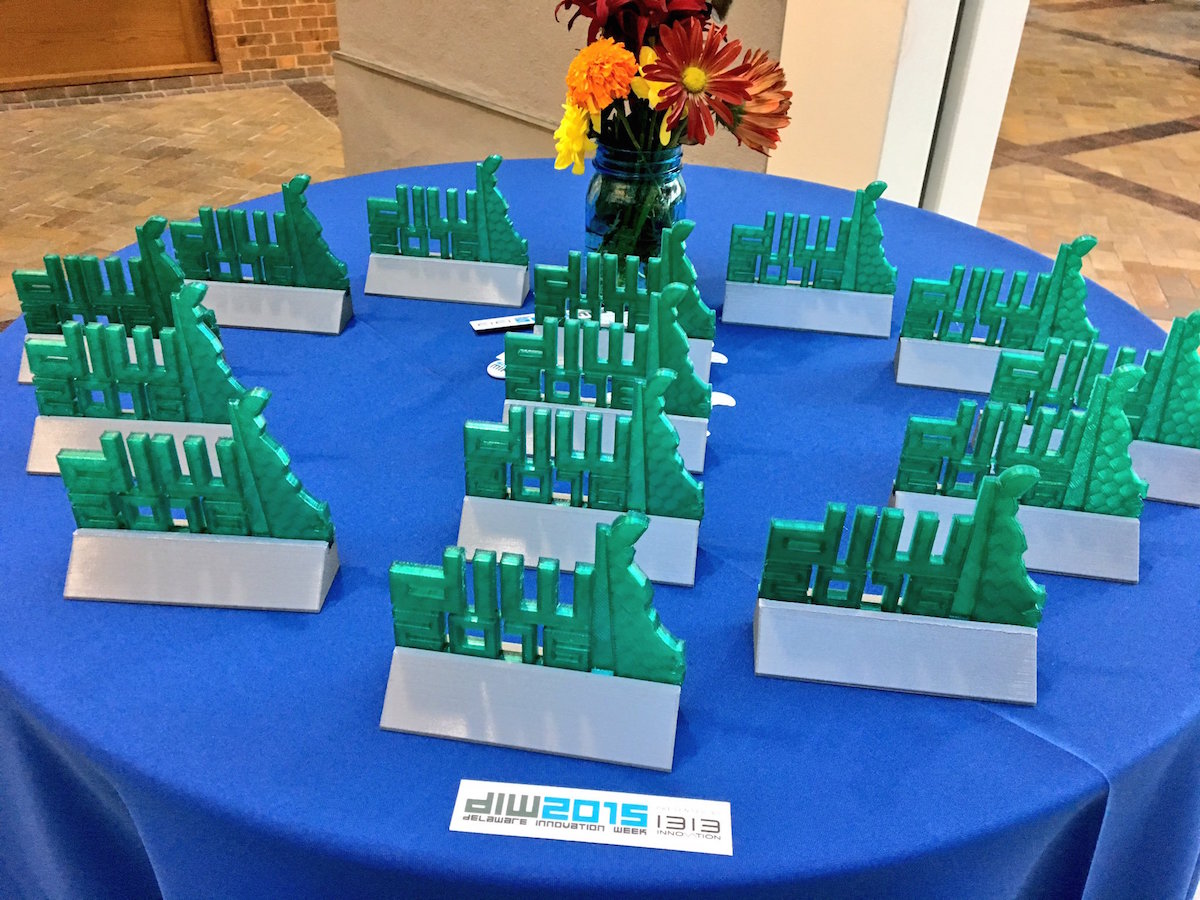After a year when Piano’s leadership says it shattered sales projections, the B2B software company has hopes of growing even more. But hiring new talent and continuing to grow during a pandemic presents its own challenges.
Piano helps media companies and brands design unique content experiences to drive subscriptions and advertising revenue, as well as increase customer lifetime value, using an end-to-end SaaS platform. The company raised a $22 million Series B in 2019 with the intention to scale its product, look into acquiring other companies and grow its then-30-person Philly office to 55 employees.
It has since acquired Norway-based Cxense and France-based AT Internet. Meanwhile, global business has grown by over 300% in the last 20 months, the company reports.
Of its approximately 600 employees worldwide, Philadelphia-headquartered Piano has around 75 in the United States — and that number is concentrated locally, counting 45 local employees who have an option to work out of its office space in The Bourse in Old City, and most of the rest in New York. Piano CEO Trevor Kaufman, who lives in Bryn Mawr, attributes this decision to grow in the Philly region to the large local talent pool as well as factors like the many millennials and an appealing food scene. (Check out its couple-dozen currently open roles, including several based in Philadelphia.)
According to Kaufman, bringing on new employees at Piano has become more intensive during the pandemic. Job candidates go through more video interviews now than before the pandemic, when they could come into a Piano office and more easily make an impression. As a result, Kaufman said that interviewers are more likely to check candidates’ writing samples and follow up with their references.
“Everything is harder during the pandemic. I miss being able to work with colleagues more in person,” he said via a Zoom call from Amsterdam, where he is currently traveling for work. “I’m a big believer that we will end up more in the office. I don’t think the world of work has changed that drastically.”
While Piano and similar companies have saved money during the pandemic by not needing to pay for the traveling costs of employees going to hiring fairs or to meet clients, Kaufman believes companies are paying in other ways. Some companies may be dealing with less productivity due to remote work and a loss in camaraderie that comes with losing IRL interaction.
Piano’s sales team has had what Kaufman considers a “phenomenal” year from the beginning of the pandemic to now (see: 300% growth) and has adapted well to needing to change how they sell the company’s product. But he believes CEOs nowadays must be more intentional with their messaging and communication with staff members.
“For me, one thing I’m finding more is that teams have a lot more need for management communications than before,” he said. “Before, I’d travel around and see people. Now, they need more documentation and presentation about company strategy and goals.”
Piano’s Philly-area employees will have the option to work from the Bourse office post-pandemic, though there’s not yet a timeline for a full return. Kaufman believes companies that are shifting to permanent remote work will be at a disadvantage because of the lack of human interaction that can lead to mentorship between senior and junior-level employees, or of the camaraderie that naturally occurs when delving into projects side by side.
“It’s hard to keep it together when you don’t have the support of colleagues,” he said.
As COVID-19 vaccines are rolled out locally and nationwide, Kaufman predicts that smaller companies will return to the office faster than larger ones due to countercyclical activity, or the desire for companies to repel dire economic circumstances like a recession by pushing themselves within the market.
“A lot of smaller companies are more leader driven and others like Piano and I will decide that it’s time to strike while the iron is hot,” he said.
Michael Butler is a 2020-2022 corps member for Report for America, an initiative of The Groundtruth Project that pairs young journalists with local newsrooms. This position is supported by the Lenfest Institute for Journalism.
This editorial article is a part of Growth Companies Month of Technical.ly's editorial calendar.
Join our growing Slack community
Join 5,000 tech professionals and entrepreneurs in our community Slack today!
Donate to the Journalism Fund
Your support powers our independent journalism. Unlike most business-media outlets, we don’t have a paywall. Instead, we count on your personal and organizational contributions.

Comcast introduces ultra-low lag Xfinity internet that boosts experiences with Meta, NVIDIA and Valve

This Week in Jobs: Add these 26 tech career opportunities to your vision board

Enough with the panels and presentations, tech leader says: Philly’s life sciences community can’t thrive without informal meetups


